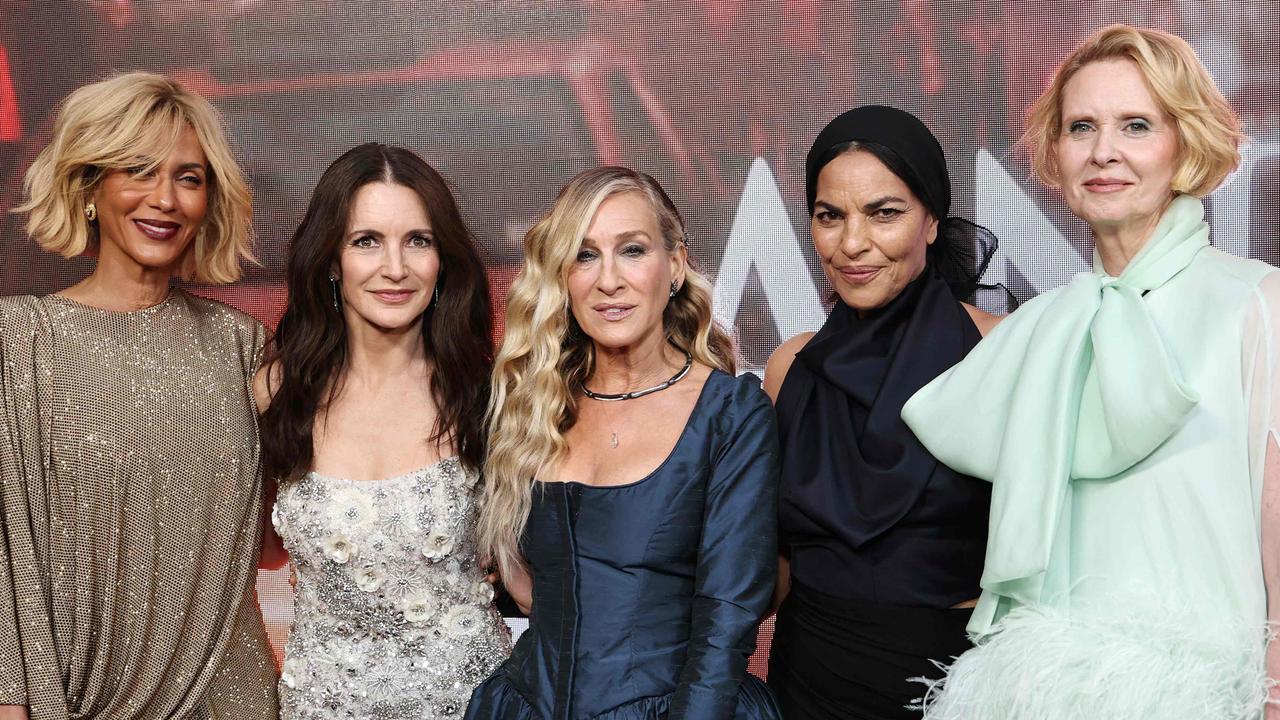’There are radicalised Australians who seek to do us harm’
As Minister for Justice, Michael Keenan is arguably the politician most crucial to the everyday safety of Australians and yet very few Australians know much about him.
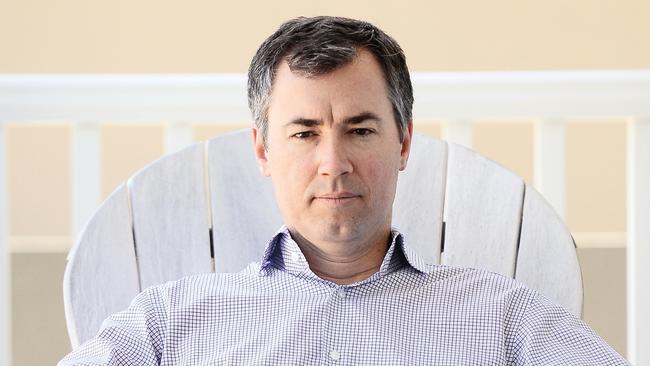
Stellar
Don't miss out on the headlines from Stellar. Followed categories will be added to My News.
THE most successful federal politicians depend on high profiles to prove their worth to their electorates and the nation. On this count, Michael Keenan is at a bit of a disadvantage: much of his work belongs in the shadows, mostly unseen and largely unspoken.
It may help ease frustration that Keenan comes across as an unassuming bloke who doesn’t seem to be his own favourite topic of conversation. Yet he, as Minister for Justice, holds the levers of our most crucial national security apparatuses — and is arguably the most critical federal minister when it comes to the everyday safety of Australians.
Keenan, 44, oversees the Australian Federal Police, the Australian Criminal Intelligence Commission, the Australian Institute of Criminology, the Australian Transaction Reports and Analysis Centre, and the Australian Commission for Law Enforcement Integrity, which investigates corruption in the same agencies.
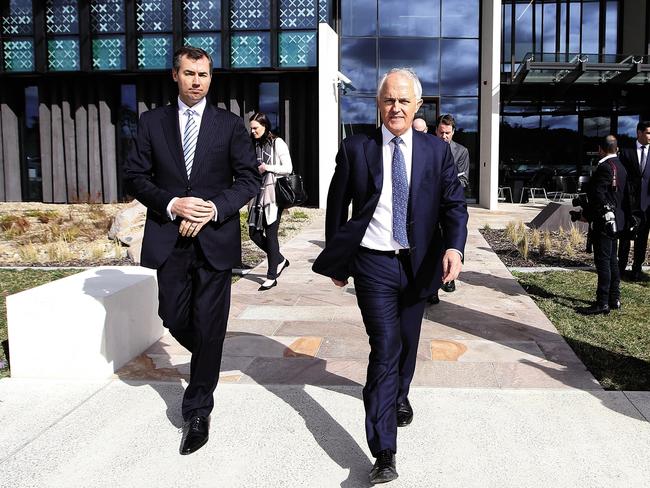
Within Keenan’s cordon are the key agencies fighting terror and large-scale criminality — drugs and guns, lone wolves and major threats, disrupting the dark arts of jihad financing and money laundering, as well as heading the nation’s emergency and disaster responses.
Keenan’s role was expanded last year to become Minister Assisting the Prime Minister on Counter Terrorism, an acknowledgment that the security environment has changed radically since 2013 when Australians began heading to Syria to fight. That morphed with the arrival of the Islamic State in 2014, producing a new generation of terrorists.
As a junior minister, Keenan isn’t even in the cabinet; nor is he a member of the Prime Minister’s exclusive National Security Committee (NSC), the high-level political group that deals with intelligence issues and crises. It is a curious omission, given Malcolm Turnbull’s position that safeguarding Australians is the foremost priority of his government.
“Those are decisions for the Prime Minister,” says Keenan. “I’m not a permanent member (of the NSC) but I’m in there for counter-terror issues and anything involving police. I’m called in on a very regular basis.”
There’s that saying in national security that we need to be lucky all of the time, and the terrorists only need to be lucky once.
Ten years ago, he says, it was cells of men planning terror spectaculars. “Capability is just a kitchen knife now,” he says. “A young person can go from zero to 100 very quickly. Yes, I am worried, because the challenge will be with us for a long time. There’s that saying in national security that we need to be lucky all of the time, and the terrorists only need to be lucky once.”
Were it possible to brain-scan Keenan for information, a journalist would be kept in front-page headlines for a year: the who’s who of foreign fighters, the drug syndicates, the money shifters and fraudsters, clandestine police operations, regional terror chatter, and those among us who would hurt us through jihad. “The job is fascinating,” he says. “It’s the best job in government.”
But on any day it could quickly become the worst. “There are a couple of hundred (individuals) who are of great concern to our security agencies,” says Keenan. “I wouldn’t say it’s a joined-up network of terrorists, but we know we are carrying significant risks and there are radicalised Australians who would seek to do us harm.”
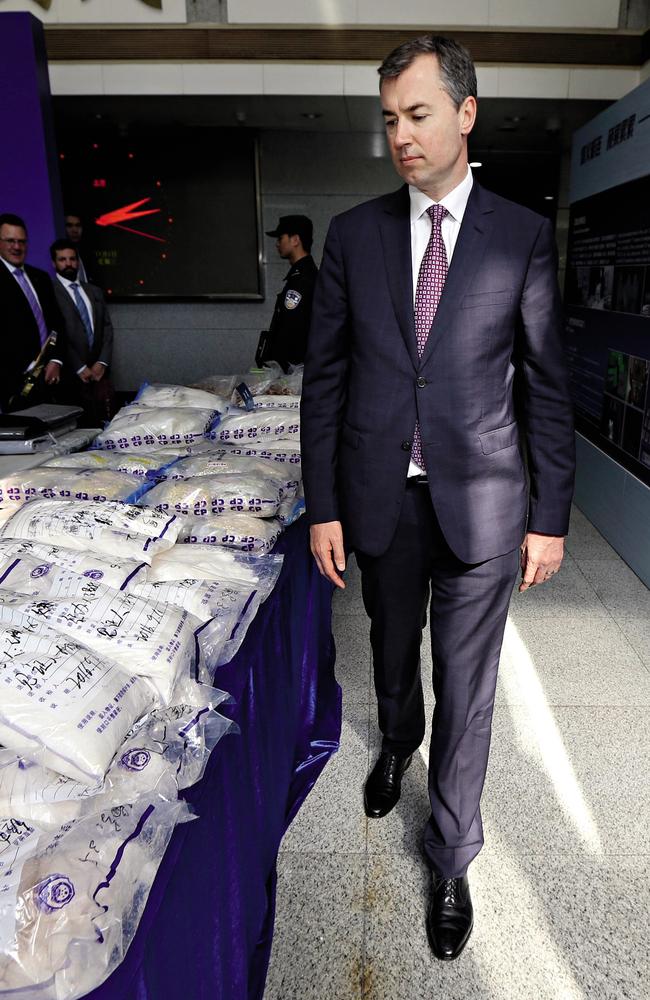
I accompanied Keenan on a recent trip to China to look at an intelligence-sharing taskforce between Chinese anti-narco cops and the Australian Federal Police.
The deal, overseen by Keenan, is remarkable because China has never before allowed another nation such access to its operations.
They help us; we help them, and by attempting to limit methamphetamine traffic, this is a very different trade arrangement with China designed to destroy, rather than create, profit.
On return to Perth, I was surprised that a number of politically engaged people I know had no idea Keenan was a fellow West Australian; nor what his role entails. Perhaps that’s because his arrival in politics was accidental, and it is typically the Prime Minister or Attorney-General who takes the microphone on terror-related matters.
Keenan’s trajectory from working in a Perth family real-estate business to high-level politics came after placements in policy roles with senior Liberals Alexander Downer and Amanda Vanstone. In 2004, aged 32, he was called on to contest Labor-held Stirling, an inner-north Perth seat that is Liberal on its beachside, but shifts sharply to Labor as it heads east.
Liberal candidate Paul Afkos had stepped down over allegations he’d borrowed hundreds of thousands of dollars from a convicted drug dealer; Keenan was recruited, last minute, to fill the vacancy. The party told him he’d lose, but might as well do it for experience. “Literally no one thought we would win,” he says. “I remember trying to get a photograph with (then Prime Minister) John Howard, which you think would be a pretty easy thing for a candidate, but we weren’t on anyone’s radar.”
Keenan won both Stirling, which is now rated safe Liberal, and the heart of Georgina Bower, who worked on his campaign and is now his wife and the mother of their three children, aged five, four and one.
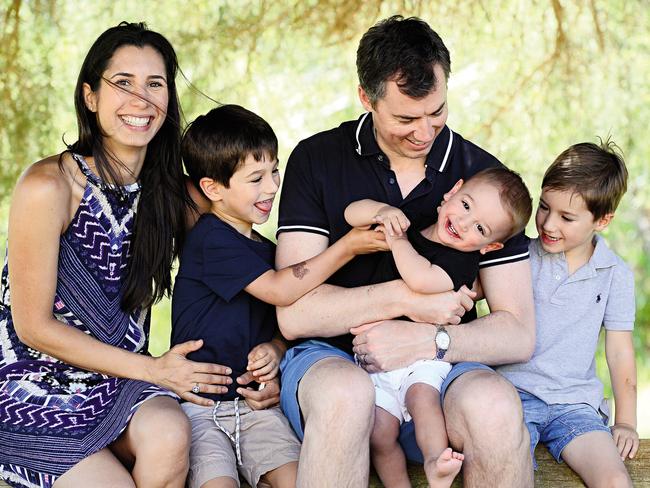
After leaving Trinity College, a Catholic day school for boys (“I’m not particularly religious,” he insists. “The kids have been baptised but Georgina’s not Catholic”), Keenan studied history and politics at Murdoch University and the Australian National University before completing a Master of Philosophy (International Relations) at the University of Cambridge in England.
In between, he headed to Poland, Hungary, Romania and the former Czechoslovakia, where he saw first-hand the collapse of communism.
Asked if his Eastern Bloc itinerary betrayed youthful Lefty leanings, he says: “I was interested in the emergence out of socialism. And anyone with socialist leanings would have had it beaten out of them by having a look at what socialism and communism meant for the people in those countries.
“It wasn’t necessarily that they would take you away and shoot you, but the ways they could make your life miserable were extraordinary. It reinforced to me that government is consequential — if you’ve got a bad system of government it affects everyone’s life.”
The game of politics is not of great interest to me and, in fact, it is pretty silly
The first word people use for Keenan is “straight”, meaning he doesn’t play games or give false steers. Walking into his electorate office, his television is on. I ask him if he’s watching the Test. “I don’t really like cricket,” he replies. A lot of politicians would talk backwards in circles to avoid making such an admission.
For terror agencies, this forthright approach makes Keenan a knowable presence who is reliable to work with. In politics, where in leadership shootouts he has taken the risky position of always supporting the incumbent prime minister, it has not adversely affected him under Turnbull, who has extended his role.
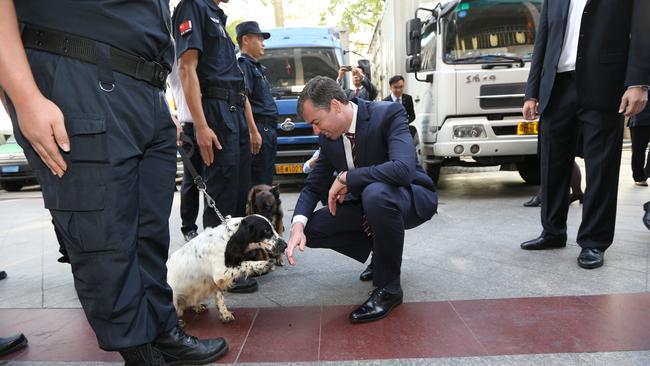
When Keenan fronts Question Time, he’s not the most instinctive or comfortable brawler.
“The game of politics is not of great interest to me and, in fact, it is pretty silly,” he says. “I think that’s where a lot of cynicism about politics comes in. So I wouldn’t think of myself as a brawler, but in this business you do need to be prepared to stand up for yourself.”
Keenan — along with several of his colleagues — copped hell for going AWOL from the House of Representatives in September, which temporarily gave Labor control of numbers, embarrassing and angering his boss, Turnbull.
He also got a looking-over for his comments on Dr Anne Aly, the counter-terror expert who stood for Labor in Cowan, immediately north of his electorate. Keenan slammed Aly for writing a recommendation that Islamic preacher Junaid Thorne, who at the time was being sentenced for trying to take a domestic flight under a pseudonym, be put in a deradicalisation program.
“The point I made is I thought it was an error to provide a letter of support for Junaid Thorne, and I would still make that point,” says Keenan.
It was an episode that saw Keenan depart from his usual self-imposed constraints as he used the issue of national security for political advantage, which failed, because Aly won the seat.
Thorne is exactly the kind of guy authorities are worried about. Shortly after being released from prison, he was on the scene in October immediately after two schoolboys left a mosque in Bankstown, Sydney, with plans to allegedly behead an innocent victim in the name of ISIS. He asked police: “Where are my brothers?”
Keenan won’t name any individual, but says there are “some people we’re happy to keep in prison for the longest period of time, really.
“Any way we can find to ping people, we will find it,” he adds.
For us, it’s still about Indonesia in the sense that more Australians have been killed in terror attacks in Indonesia than they have in the rest of the world combined.
That is currently being played out with the detention of Neil Prakash, the Australian foreign fighter who was seized at the Turkish border after fleeing Mosul, in northern Iraq, where he reputedly played a senior operational role for ISIS.
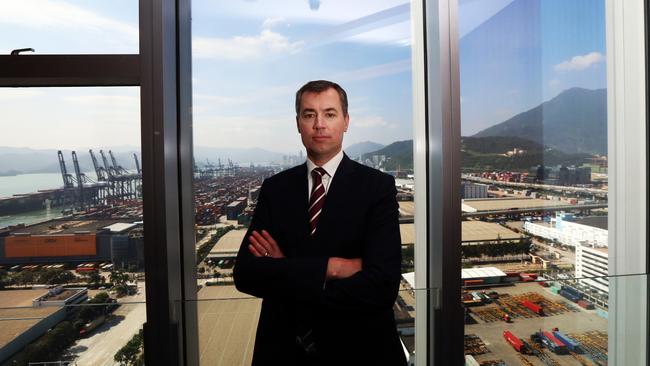
As Minister for Justice, Keenan was involved in the briefings about Prakash’s movements and extradition negotiations; and now, in a country that has no federal prisons, he must work with states in managing the anticipated arrival of high-level jihadists from abroad, and housing them in ways that ensures they do not become virulent jailhouse indoctrinators.
Ultimately, the main terror concern for Australia is a place where our laws mean little: Indonesia, and particularly, Bali.
While the country’s President, Joko Widodo, may be a hard leader to read, Keenan says he’s “a very good president for Australia” and that relations — tested by the phone-tapping scandal as well as the executions of Andrew Chan and Myuran Sukumaran — have been repaired under Widodo and Turnbull to the point where each country’s ministerial counterparts can pick up the phone, as needed.
“You can certainly rank the level of risk we carry in certain countries,” he says. “For us, it’s still about Indonesia in the sense that more Australians have been killed in terror attacks in Indonesia than they have in the rest of the world combined. We’ve got a very strong interest in working with the Indonesians and they have been great partners.”
Amid the expectation that government keeps people safe, Keenan maintains the classic Liberal view that government is too big. “It really is in every aspect of our lives. We need to be careful it doesn’t get too big.”
This is also true of his own portfolio, where authorities have been granted numerous additional powers to probe into Australian lives. Anti-terror laws have tightened, police have added powers to take action on less information; people — including 14-year-olds — can be held longer without charge, coercive powers entrenched, new counter-terror units created, and extra money has been made available to make these things happen.
This rubs against Keenan’s personal philosophy, but he says: “My sense of it is, it’s a pretty important right to feel safe and be safe.”
Originally published as ’There are radicalised Australians who seek to do us harm’

